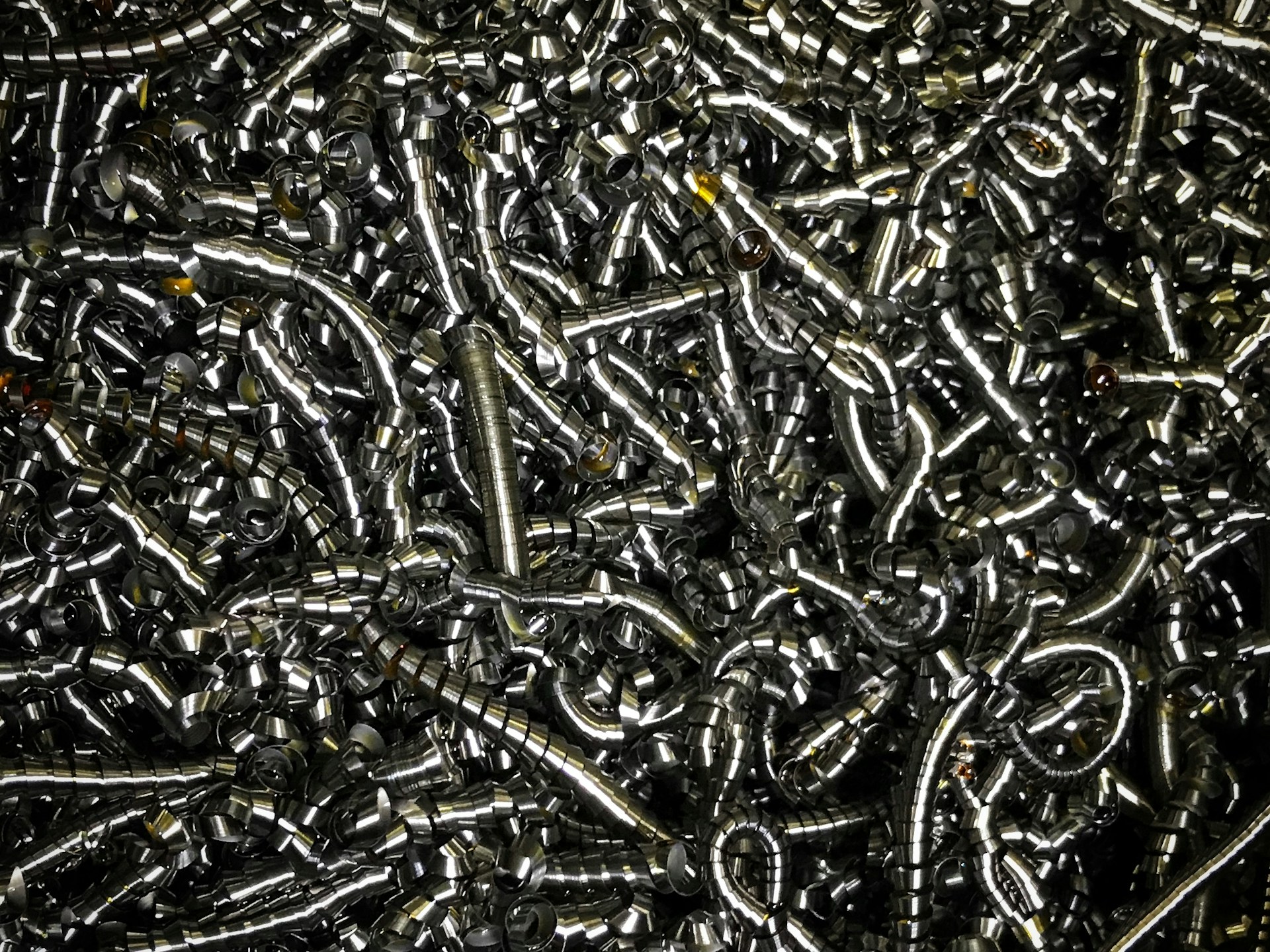Key Takeaways:
- Scrap metal recycling plays a vital role in environmental conservation by reducing the need for virgin material extraction and lowering pollution levels.
- The industry contributes to the economy by generating jobs, stimulating innovation, and decreasing manufacturing costs.
- Individuals have the power to make significant impacts by participating in and promoting recycling practices.
- Metal recycling is a cornerstone of the circular economy, maximizing resource efficiency and minimizing waste.
Table of Contents:
- Understanding Scrap Metal Recycling
- The Environmental Advantages of Recycling Metals
- The Economic Benefits of Metal Recycling
- Individuals’ Role in Scrap Metal Recycling
- Promoting a Circular Economy with Metal Recycling
- Conclusion: The Vital Role of Scrap Metal Recycling
Introduction: Understanding Scrap Metal Recycling
Amidst global environmental concerns, scrap metal recycling emerges as a beacon of sustainability. It involves the reclamation and processing metallic goods that have reached the end of their life cycle, transforming them into valuable commodities ready for remanufacturing. By offering recycling services Fort Lauderdale, FL, and various other regions, dedicated facilities play a pivotal role in encouraging the reuse of materials. This process not only aids in preserving finite natural reserves by avoiding unnecessary mining but also highlights the latent potential in discarded metals, showcasing a practical approach to environmental responsibility and natural resource conservation.
The Environmental Advantages of Recycling Metals
Environmentally, scrap metal recycling casts a wide net of benefits, primarily through conservingthe conservation of raw materials and a pronounced reduction in energy consumption. The prevention of mining associated with virgin material sourcing translates into decreased landscape disruption, water pollution, and a direct reduction of harmful emissions thanks to less intensive metal processing methods. Recycling endeavors such as aluminum can save approximately 95% of the energy required compared to the new production from bauxite ore. Consequently, the greenhouse gases emitted during the recycling process are significantly lesser, contributing to a much-needed reduction in our carbon footprint. Reflecting on these environmental boons, research and analysis provided by prominent organizations, including the Environmental Protection Agency, leverage this data to emphasize the indispensable nature of this industry in our progression toward ecological stability.
The Economic Benefits of Metal Recycling
Economically, the benefits of metal recycling are both direct and far-reaching. Through a reduction in costs associated with energy, recycling enables industries to minimize expenditure on material production. The industry is a prodigious marketplace, substantially contributing to the global economy and enabling the continuity of supply chains across various market sectors, most notably in construction and technology. Moreover, the industry fosters job diversity, ranging from manual sorting to advanced metallurgical engineering, thus sustaining an inclusive employment landscape that supports communities and fuels economic growth.
Individuals’ Role in Scrap Metal Recycling
In the grand scheme of recycling, the power of individual contribution cannot be overstated. The everyday decisions that people make regarding their consumption and waste management substantially impact the efficacy of recycling efforts. Making an active choice to recycle metal products, from food cans to appliances, can lead to significant environmental benefits, including reducing the accumulation of metals in landfills and supporting the recovery of materials that would otherwise be lost. Consumers can galvanize the movement towards sustainability by demanding recycled materials in the products they purchase and supporting policies that encourage responsible metal disposal and recycling.
Promoting a Circular Economy with Metal Recycling
The advancement towards a circular economy is the broader goal that scrap metal recycling helps to achieve. In this economic model, the use of raw materials is optimized, and the lifecycle of products is elongated through reusing, recycling, and repurposing, thus minimizing waste. With its inherent durability and recyclability, metal is a perfect fit for this model. Advocating for and practicing metal recycling can lead to substantial decreases in environmental degradation and create resilient supply chains that are less dependent on the extraction of new raw materials, benefiting both the planet and the economy.
Conclusion: The Vital Role of Scrap Metal Recycling
As we move towards a more sustainable future, the importance of scrap metal recycling in the environmental and economic landscape will only continue to grow. Advancements in recycling technologies heightened environmental consciousness, and supportive policy frameworks will likely propel the recycling industry forward. Through proactive efforts and the collective embrace of recycling principles, we position ourselves to achieve a greener, more resource-efficient world, a goal supported by comprehensive insights into the economic and practical benefits of such practices. Recycling metal is more than a task; it is a vital commitment to the health of our environment and the sustainability of our global economy.

